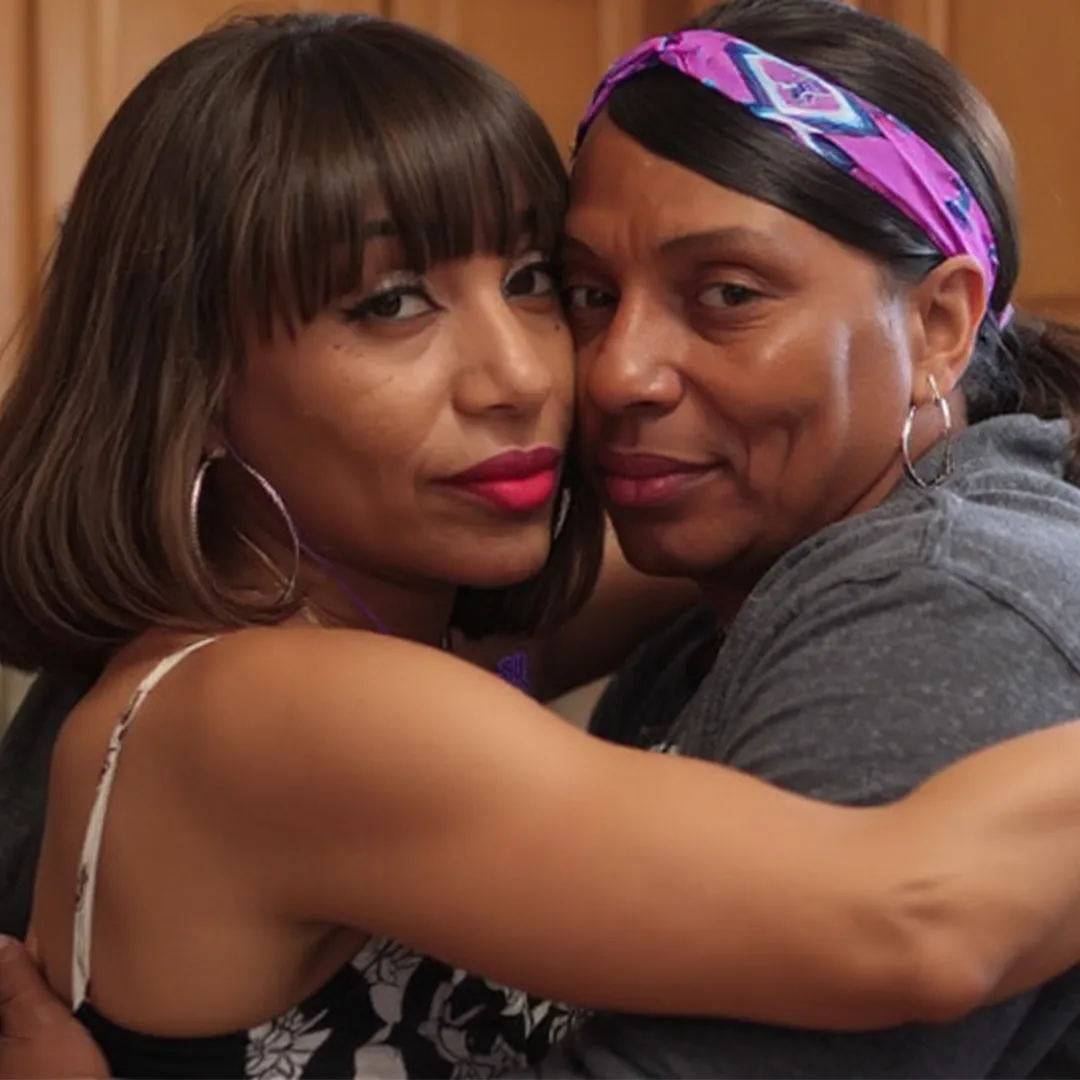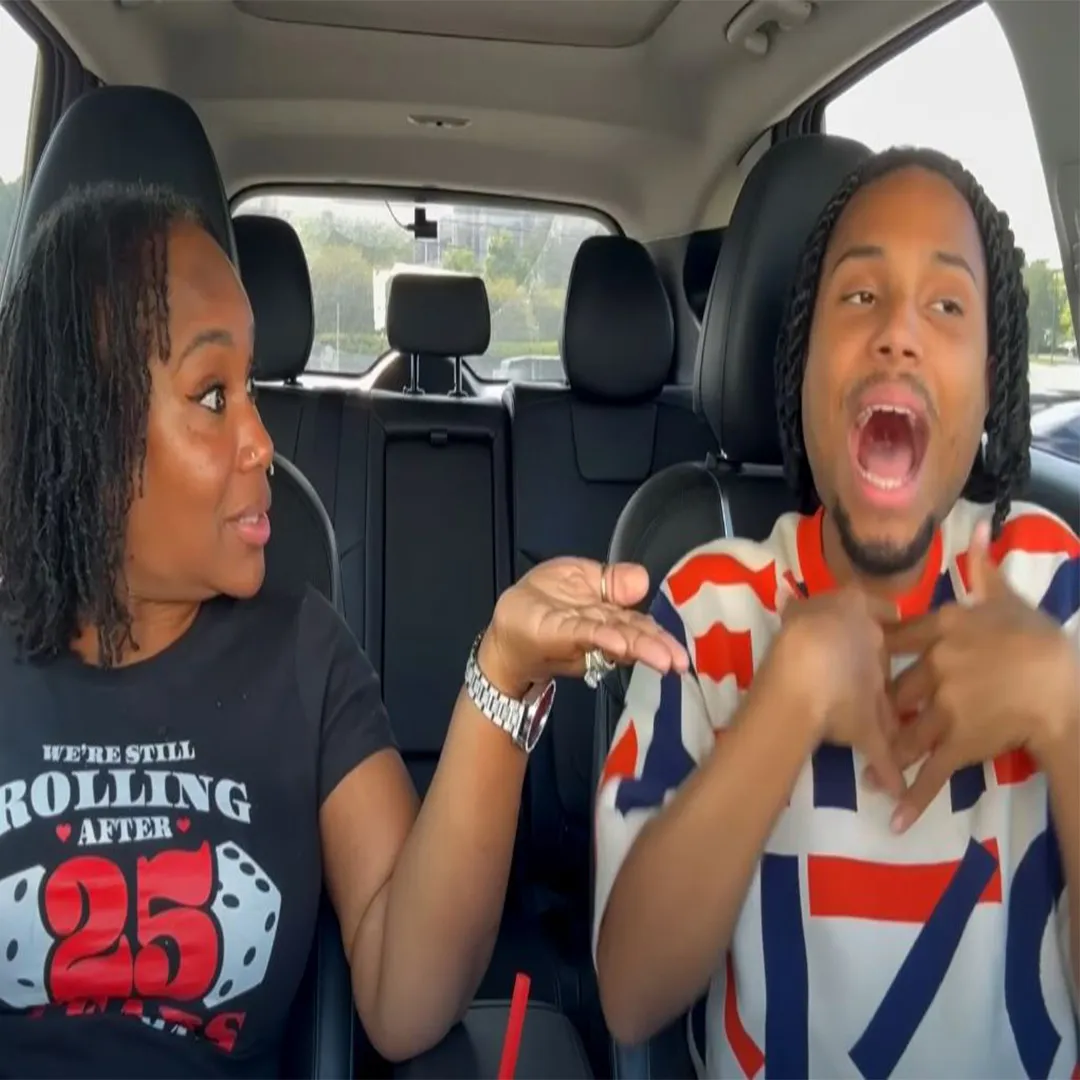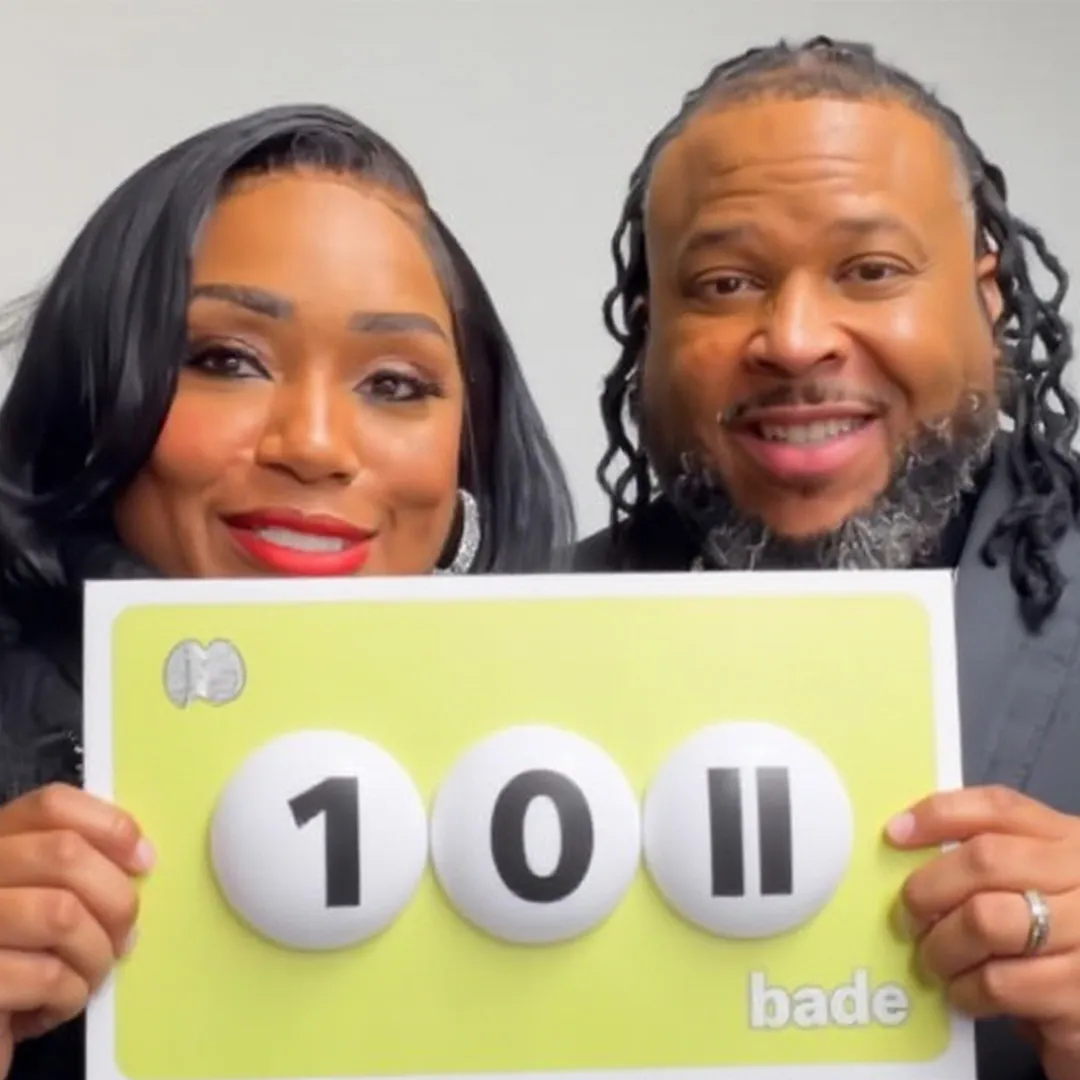What We Hide in the Name of Respectability
I was sitting at dinner with Darius, just catching up, when the conversation drifted—like it always does—into music. I started grumbling about how today’s music is all vulgar lyrics and no soul. Nothing like the music we grew up on. Darius gave me that look and shot back, “Your generation was just as vulgar. You just knew how to dress it up better.” Then he smirked and added, “Just ‘cause it’s wrapped in silk doesn’t mean God can’t see it.”
I couldn’t help but laugh—and then ask why this kind of explicit music is even allowed on Apple Music now. He shrugged and said, “Because it’s not hiding in bedrooms anymore.”
(If you enjoyed this post and want to try out the same ingredients and tools I use, feel free to check them out below!
These are affiliate links, which means I earn a small commission at no extra cost to you. Thank you for supporting my work 💛

We started playfully debating whether old-school music was really as innocent as we like to think. Darius even made up some ridiculous song about aluminum to prove a point—one I’ve never heard before in my life.
Then the talk pivoted. We got into dating apps. I threw out names—Tinder, Grindr, Christian Mingle, eHarmony—and asked half-jokingly if “sex-positive” meant people just walk up to strangers and say, “Wanna have sex today?” Darius clarified: “No, being sex-positive just means you don’t shame people for wanting sex. That’s it.”
He broke it down further: Tinder is more for straight people, Grindr caters to gay men—and men tend to want things easy and immediate. When women don’t respond the same way, men will look elsewhere. That “elsewhere” usually means finding ways around the system.
I mentioned how some married men are still active on these apps. You can literally track their location—in their own homes—while their wives are downstairs. Some will even send messages like, “My girlfriend’s at work,” or worse, “My wife’s at work.” And how folks love to call someone their “best friend,” when really, that’s their side piece. Darius just nodded. And I told him about the woman who came home from church to find her husband and his “friend” watching football—not on the couch, but way too close on the floor.

That’s when the conversation deepened.
We started talking about how so many people still can’t be fully themselves. I told him, in my day, we didn’t talk about this stuff. You hit a certain age and people expected you to settle down, play the part. Even if your heart whispered something else, you buried it. No one ever said, “I don’t actually love you—I married you because I couldn’t be with who I really wanted.”
Darius nodded. “Generations of repression,” he said. “Especially in Black communities. Especially in church. Being gay or bi wasn’t just frowned upon—it was demonized. So people pretended. And they built lives that didn’t belong to them.”

I agreed. And told him the hard truth: when society pushes people into hiding, they don’t stop being who they are. They just act it out in the shadows. “And eventually,” I said, “they’re doing things in your closet that you never even imagined. And by the time you find out, it’s too late.”
Darius sighed. “Gay men, especially, carry the weight,” he said. “The stigma is heavier, the judgment harsher—and it’s all wrapped up in systems we’re still too scared to unpack.”
He didn’t go further. He didn’t need to. Because by then, the room had gone quiet—and we both knew we were talking about more than just music.



